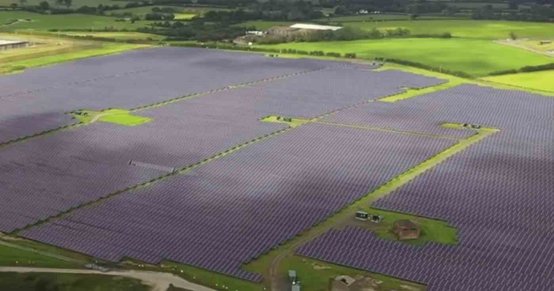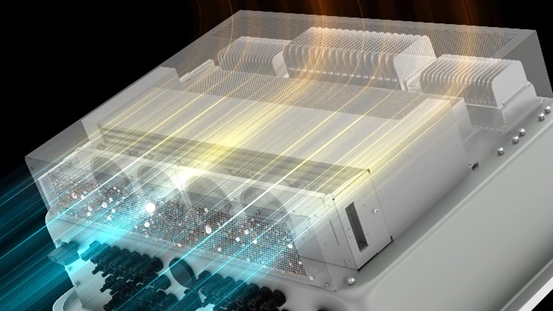In the quest for sustainable and renewable energy sources, solar farms have emerged as a key player in the transition to a cleaner and more environmentally friendly future. These vast expanses of solar panels are not only a symbol of technological innovation but also a practical solution to our growing energy needs. Here's what you need to know about solar farms and their role in shaping the energy landscape.
Essential Insights for a Sustainable Future
The Basics of Solar Farms
At the heart of every solar farm lies the fundamental principle of converting sunlight into electricity. Solar panels, also known as photovoltaic (PV) cells, are made up of semiconductor materials that generate direct current (DC) electricity when exposed to sunlight. The panels are organized into arrays, which collectively form the solar farm. These arrays are strategically positioned to maximize sunlight exposure throughout the day, ensuring optimal energy production.

Environmental Impact
One of the primary advantages of solar farms is their minimal environmental impact compared to traditional energy sources. Solar energy is a clean and renewable resource that produces electricity without emitting greenhouse gases or other pollutants. Unlike fossil fuels, solar power generation doesn't contribute to air or water pollution and doesn't rely on the extraction of finite resources. Solar farms contribute to mitigating climate change and reducing our dependence on non-renewable energy sources.
Land Use and Biodiversity
While solar farms offer numerous environmental benefits, their large footprint can raise concerns about land use and impact on local ecosystems. Striking a balance between renewable energy production and preserving biodiversity is crucial. Some solar farms are designed with measures to minimize their ecological footprint, such as leaving space between panel rows for vegetation or using the land for dual purposes, such as agricultural activities. Sustainable land management practices can help harmonize the coexistence of solar farms and local ecosystems.
Economic Benefits
Solar farms not only contribute to environmental sustainability but also bring economic benefits to the communities where they are established. The development, construction, and maintenance of solar farms create jobs in engineering, installation, and ongoing operations. Additionally, the presence of solar farms can stimulate local economies through tax revenues and investments. Many regions are embracing solar energy projects as a means of fostering economic growth while reducing their carbon footprint.
Grid Integration
For solar farms to be effective contributors to the energy grid, proper integration into existing power systems is crucial. Advances in energy storage technologies, such as batteries, enable solar farms to store excess energy during peak production hours for use during periods of low sunlight. This enhances the reliability and stability of the power grid by providing a consistent and dependable energy supply. The integration of solar farms with conventional power sources is a key strategy for creating a resilient and diverse energy infrastructure.
The Future of Solar Farms
As technology continues to advance, the future of solar farms holds exciting possibilities. Within Huawei's Utility Smart PV Solution, the incorporation of the Smart Self-cleaning Fan stands out. This innovative feature enables the solar controller inverter to autonomously adjust its fans by considering factors such as temperature, illumination, and other conditions. This intelligent system effectively eliminates dust, thereby diminishing the need for manual cleanup hours. Ongoing research focuses on enhancing the efficiency of solar panels, reducing production costs, and exploring new materials. Innovations in energy storage and grid integration are expected to further optimize the contribution of solar farms to the overall energy mix. As we look ahead, solar farms are likely to play an increasingly prominent role in meeting the world's growing energy demands in a sustainable and eco-friendly manner.

Conclusion
Solar farms represent a significant step toward a cleaner and more sustainable energy future. Their ability to harness the power of the sun, coupled with ongoing advancements in technology and responsible land management practices, positions them as a key player in the global transition to renewable energy. As we embrace the potential of solar farms, it's essential to consider their environmental impact, promote innovation, and integrate them seamlessly into our existing energy infrastructure.

